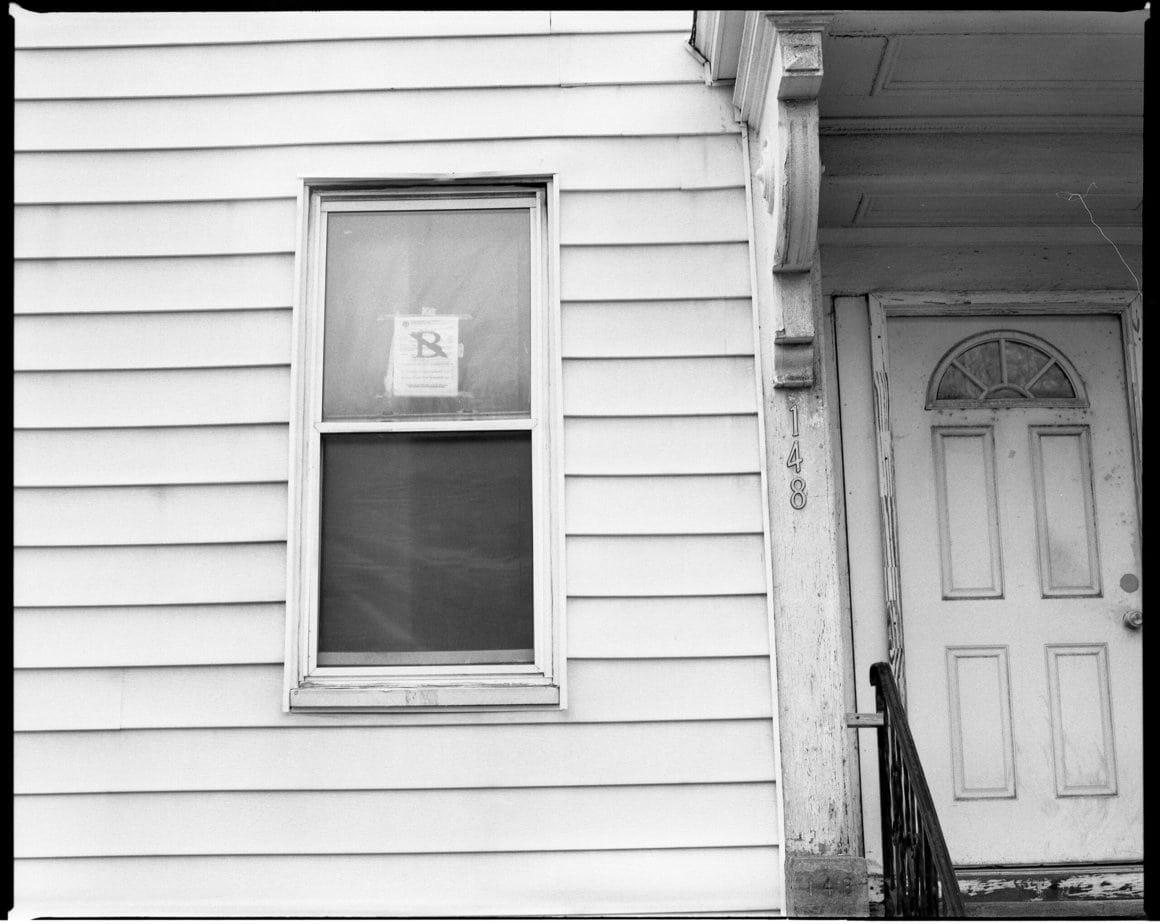Eviction proceedings can seem complicated and confusing, especially when paired with the stress of potentially losing your home. To help clarify the process and what you’re dealing with, these are the most common notices you may receive from your landlord before eviction proceedings begin.
If you find yourself facing an eviction and can’t afford legal help, call ICLS’s housing hotline at (888)-245-4257 to see if you qualify for assistance. Additionally, the Tenant Power Toolkit is an online tool that can help you create an “answer” to your eviction notice: Tenant Power Toolkit – Home
3 Day Notice to Pay Rent or Quit:
This notice informs the tenant that the tenant has three days (excluding Saturdays, Sundays, and Judicial Holidays) to pay the rent in full or vacate the property. If the tenant fails to pay rent and fails to vacate, then the landlord may file an Unlawful Detainer (eviction) lawsuit after the Notice has expired. Once the Notice has expired, the landlord is not obligated to accept the rent, even if offered in full.
3 Day Notice to Cure Lease Covenant or Quit:
If the tenant violates (breaches) the lease agreement by engaging in prohibited conduct or by failing to abide by another covenant in the lease, the landlord can serve the tenant with a Three-Day Notice to Perform Covenant or Quit. If a tenant is served with this type of notice, the tenant will have three days (excluding Saturdays, Sundays, and Judicial holidays) to either cure (correct) the violation or move out. If the tenant fails to correct the alleged violation within the three-day period and fails to vacate after the notice expires, then the landlord can file an eviction lawsuit.
3 Day Notice to Quit:
When a tenant commits a serious violation of the lease or engages in conduct that cannot be cured or corrected, the landlord can serve the tenant with a Three-Day Notice to Quit without any opportunity to cure the breach. If the tenant fails to move out within the three-day period, the landlord can file the Unlawful Detainer (eviction) lawsuit. The duration of the Three-Day Notice to Quit is 3 Calendar days and includes weekends and court holidays.
30 Day Notice to Terminate Tenancy:
If a tenant has a month-to-month rental agreement and has lived in the rental unit for less than one year, the landlord must serve the tenant with a written 30-day notice to terminate the tenancy.
60 Day Notice to Terminate Tenancy:
If the tenancy is not covered under the Tenant Protection Act of 2019, and the tenant has lived in the rental unit for more than one year, the landlord must serve the tenant with a written 60-day notice to terminate tenancy.
Unless the tenancy is covered by the Tenant Protection Act of 2019, the landlord is not required to provide a reason for the termination of the tenancy but cannot terminate the tenancy to retaliate or discriminate against the tenant. In addition, the 60-day notice must include statutory language regarding the tenant’s right to reclaim abandoned property.
If the tenancy is covered under the Tenant Protection Act of 2019, the landlord must serve the tenant with a written 60-day notice to terminate tenancy with a “Just Cause” reason for the eviction. If the just cause is a “no-fault” just cause, the landlord must provide the tenant with relocation fees equal to one month’s rent.
Who is covered under the Tenant Protection Act of 2019?
A tenant who resides in a home where all tenants have lived there for at least 12 months, or at least one tenant has lived there for 24 months when additional adult tenants have been added to the lease. Applies to multi-family buildings older than 15 years, homes owned by corporations (LLC), and duplexes where the landlord does not reside in one of the units.
Who is exempt from the Tenant Protection Act of 2019?
The following properties are exempt from the Tenant Protection Act of 2019:
Housing that has been issued a certificate of occupancy within the previous 15 years; Duplexes where the owner resides in one of the units; Dormitories; Affordable housing subject to deed restriction; Mobile Homes; Most single family homes, unless owned by a corporation, or if the single family homeowner notifies the tenant the property is exempt from the Act.

